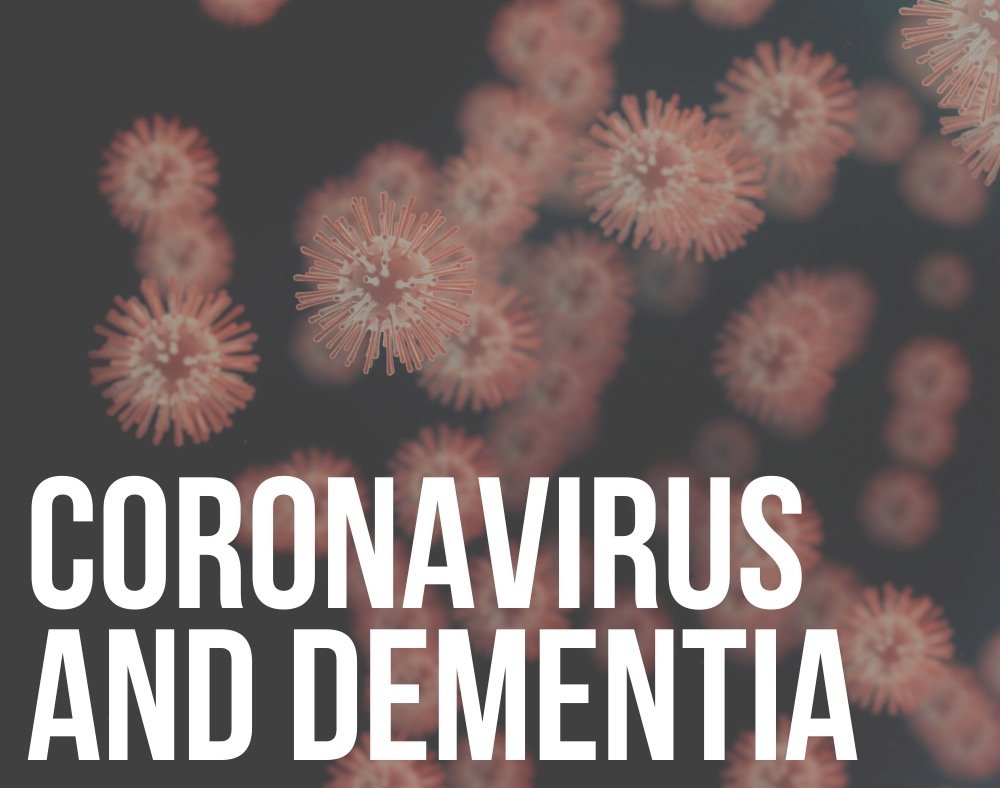There has been a lot of interest in the topic of Lyme disease and dementia in the medical world.
This is after several high-profile cases in the media pointed out to experts that there is a need to consider Lyme disease as one of the possible causes of dementia.
We can describe Lyme disease as a bacterial infection that comes about when an infected black-legged tick bites a person.
This tick is also referred to as a deer tick.
Early detection of the disease is vital because taking antibiotics cures the illness.
Regrettably, when it is not detected early enough, the infection grows worse, weakening the immune system and resulting in an array of inflammatory responses.
Contents
Can Lyme disease cause dementia?
After staying in the body for more than three months, Lyme becomes very challenging to treat with only antibiotics.
Have a look at examples of cases that suggest that Lyme disease can cause dementia.
Kris Kristofferson’s Illness

A popular case study that crops up when looking at Lyme disease and dementia is the one involving Kris Kristofferson, a legendary singer and songwriter.
Doctors misdiagnosed him, believing that he was either suffering from dementia or Alzheimer’s.
However, after years, it was discovered that the iconic musician was experiencing memory problems because of untreated Lyme disease.
Doctors thought that Kristofferson had dementia or Alzheimer’s because of the blows he received on his head during his younger years playing football, rugby, and boxing.
He stopped taking Alzheimer’s and depression medication and began treatment for Lyme disease.
His wife reported that there was a significant change in mood and memory.
She continued to state that even though there were some bad days, most of the days Kris acted normal to a point where it was even hard to notice that he was battling an illness.
The Case of a Retired Defence Intelligence Agency

The Washington Post also reported a case from an officer who has worked at the Defense Intelligence Agency.
After surviving Leukaemia, the 81-year man was told that he had dementia. Sandra Boodman, the reporter, wrote that doctors were convinced that the retired agent was battling a fatal type of dementia that was rapidly progressive.
This led him to become delusional, moody, childish, and confused, something that he was not when he was a competent man.
This was a wrong diagnosis.
Later on, doctors discovered that he had Lyme meningoencephalitis when he started having challenges with walking, had tremors in his arms, and was also suffering from incontinence.
After a positive diagnosis for Lyme disease, he immediately started antibiotics for treatment and went on to make a full recovery.
Why Doctors Confuse Lyme Disease and Dementia

Looking at the case studies above, it is clear to see that there are times where doctors will misdiagnose a person who has Lyme disease telling them that they have dementia.
The reason for this is that Lyme can cause or mimic any neurological, psychiatric or medical condition.
It even has a nickname the “great imitator.”
The disease interferes with biochemical processes in the human body, which leads to inflammation, damaged cells, toxicity, and other issues.
It is the primary reason Lyme disease is hugely misdiagnosed and goes untreated.
When you compare Lyme and dementia, you will see that the two conditions share similar symptoms. These include but are not limited to:
- Impaired focus/attention/judgement/concentration
- Slower mental processing speed
- Impaired speech functions
- Loss of memory
- Getting lost
- Disorganization
- Insomnia
- Panic attacks
- Fatigue
- Aggression/violence
- Movement disorders
In most cases, symptoms of Lyme disease are neurological.
This is because they mostly affect the nervous system and brain even though they still affect other body systems.
Research shows that people who have Lyme disease are at a higher risk of ending up with dementia.
Conflicting Evidence

While most experts believe that there is a sure connection between Lyme disease and dementia, there was a study that disapproves of the relationship between the two.
The research from the University of Toronto Mississauga states that Lyme disease does not cause dementia. A professor by the name of Emeritus Danton O’Day spent time investigating the link between the two.
He collected data about deaths related to Alzheimer’s and Lyme disease from the U.S. Centres for Disease Control and Prevention.
Together with his research partner, the professor compared the information to find out if the states with high Lyme disease incidents also had a high number of Alzheimer’s related diseases.
They found out that the states that had the highest number of Lyme disease death reported the lowest numbers of Alzheimer’s related deaths.
Through his research, O’Day concluded that there is no co-relation between Lyme disease and dementia.
Closing Remarks
There is a lot of conflicting information about Lyme disease and dementia. Some experts say that there is a link between the two while others refute this relationship.
This only goes to show that there is a need for more research on the subject to come up with conclusive results on how dementia and Lyme disease co-relate.






![What is Pseudodementia? [Diagnosis, Treatment] What is Pseudodementia? [Diagnosis, Treatment]](https://readementia.com/wp-content/uploads/2023/09/What-is-pseudodementia-230x230.jpg)
